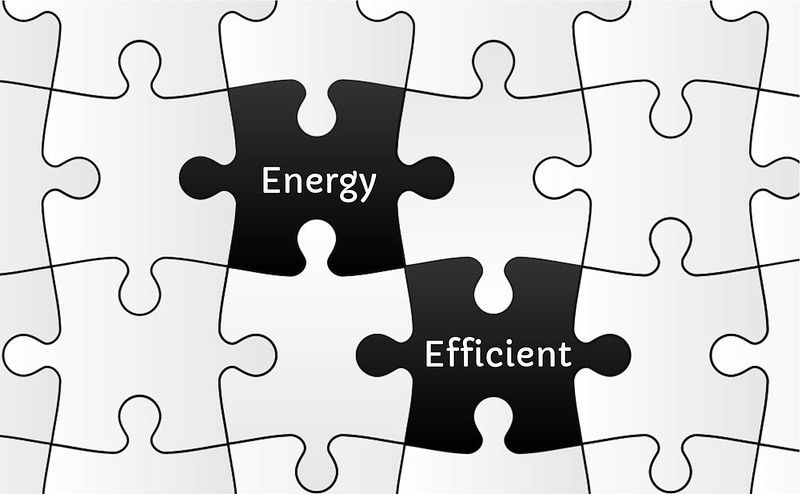Alan Pears - Election May 2022 A new beginning for climate and energy policy?
May 22, 2022
Im writing this the day after the 2022 federal election, when it is clear that Australia will not have a Coalition government, but it is not yet clear whether Labor will govern in its own right, or how the composition of the Senate will influence energy and climate policy.
I should also declare that I live in Goldstein, the electorate of Tim Wilson, Assistant Minister for Industry, Energy and Emissions Reductionuntil he lost his seat.
Whats clear is that climate policy was a major factor for voters in Goldstein and many other parts of Australia, and the Coalition approach was judged inadequate, while Labors was considered only marginally better. Despite Wilsons claims to expertise on climate and energy policy, and his visible enthusiasm for some aspects of energy efficiency, it was clear that few believed he would or could actually implement effective policy. His background in the anti-environment, free market Institute for Public Affairs and the make-up of the Coalition party room worked against serious action.
In Goldstein a factor not mentioned by any analysts has been the role of Ian McPhee. He was a very popular Lib representative, who lost pre-selection because he was too nice to immigrants. Since then, Goldstein reps have been right wing machine people dropped in by the party - David Kemp, Andrew Robb and Tim Wilson. Labor has not offered a decent alternative - the electorate has been used by Labor as a ’learning experience’ for first timer candidates, while many in the electorate can’t really bring themselves to vote green, even though their views are that way inclined. So a significant part of Tim Wilson’s vote was ’least worst option’ and loyalty. So when a decent option was offered, many moved. Wilson’s dubious tactics reinforced the shift.
It was interesting that Angus Taylor, widely derided as a disastrous energy and climate minister by industry as well as community (see numerous articles inreneweconomy.com.au), was re-elected. He faced a swing of 10.6% in first preferences and an overall swing to the ALP of 5.4% (using incomplete data from the day after the election) but his strong starting point meant he still won with a convincing majority. Interestingly, the Greens vote in his electorate was only 4.8%, and Labors primary vote was under 20%. So this electorate does not reflect broader Australian views. But I suspect he doesnt care.
Not surprisingly, energy policy does not seem to have been a major factor in this election, despite its significance for climate outcomes. Most people are totally bemused by energy. And competing claims from the Coalition and experts about declining electricity prices and recent data showing increasing prices, as well as wild fluctuations in petrol, gas, coal and electricity prices driven by global chaos, meant it was beyond most Australians to work out what was going on, let alone attribute blame or gratitude to the Coalition government. In broad terms, everyone supports renewable energy in principle, but the detail is very complex, and beyond the grasp of most humans. Hydrogen is a near magical silver bullet. Energy efficiency is Australias forgotten fuel across all interest groups.
So where might energy and climate policy go? It will depend a lot on whether Labor wins government in its own right, and the make-up of the Senate.
If Labor can dominate policy, it will focus on incremental change, because of the tensions within the party and unions and the fear of weaponisation of fears about renewable energy and energy efficiency by powerful opponents.
If a progressive cross bench in the lower house and/or a progressive group in the Senate apply pressure, there could be radical change for the better, though it will probably focus on populist issues rather than least cost, fastest paths based on more complex analysis. If conservative groups hold the balance in the Senate, we will have a mess of populist positive measures and efforts to prop up powerful existing interest groups that drive votes in fossil fuel dominated electorates and extreme political ideologies.
Unfortunately, the chances of well-designed, effective energy and climate policy are low.
Alan Pears AM has worked on clean energy and climate policy for several decades. His work spans all sectors of the economy, ranging from practical site-level projects to program development and implementation, policy analysis and education. He is a Senior Industry Fellow at RMIT University and a Fellow at the University of Melbournes Climate and Energy College

